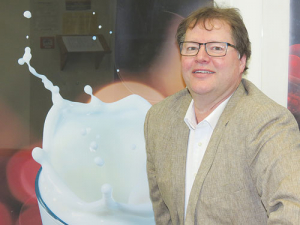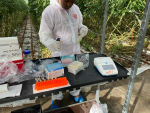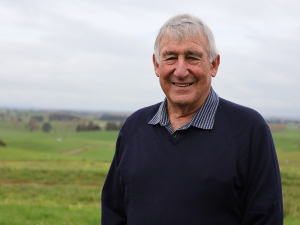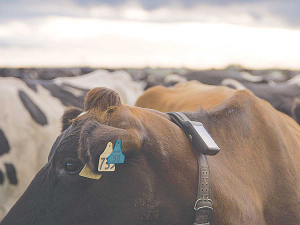Strong evidence is emerging that consumers are suspicious of processed foods, says Professor Warren McNabb.
McNabb, of the Riddet Institute, Palmerston North, is leading a five year, $11 million research project, aimed at producing new high-value milk products.
People want fewer processed foods and would prefer foods they view as more natural. They want to know where their food comes from and the effects of food on their health.
This is a trend will get bigger and bigger, McNabb says.
“People are concerned about the environment, climate change and sustainability and they are starting to add dimensions of that when they think about food. There is a rapidly growing trend towards ‘sustainability nutrition’ from a consumer perspective.”
To meet these consumer trends, the researchers hope to better understand the properties of the various milks; they will look at ways of exploiting these by developing ‘co-products’, e.g. two types of milk mixed together possibly with a plant additive.
The health factor is intrinsic to developing milk products for export, with particular emphasis on increasing the value but not necessarily the volume. That’s why the research is especially ‘value-add’, McNabb says.
“I see NZ as an exporter of agri-foods as being a high-end delicatessen. You have to be the best at what you want to do well; it’s no good being second best.
“How can you crack this high end, these high value substantiated foods? If you make a claim, be it an environmental or sustainability or a health claim, that needs to have scientific substantiation.
“Given the power of social media and the speed at which information gets around you need to have scientific credibility.”


















